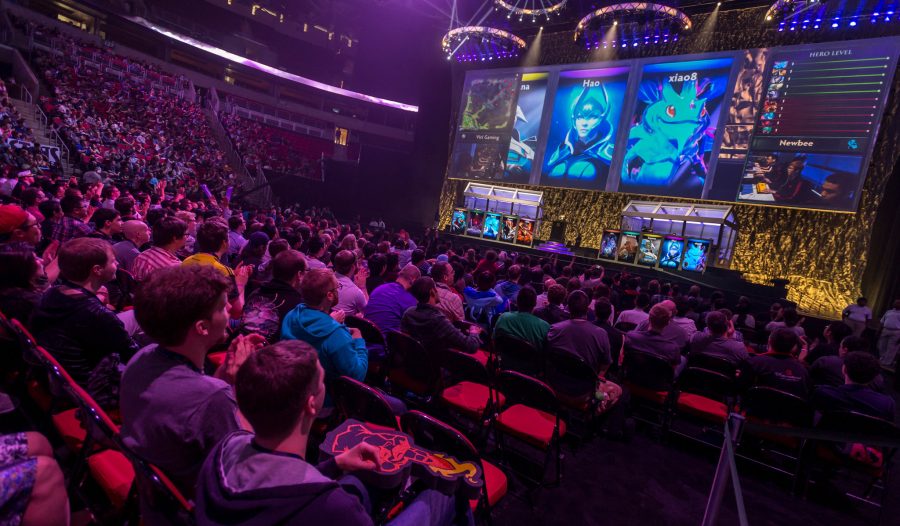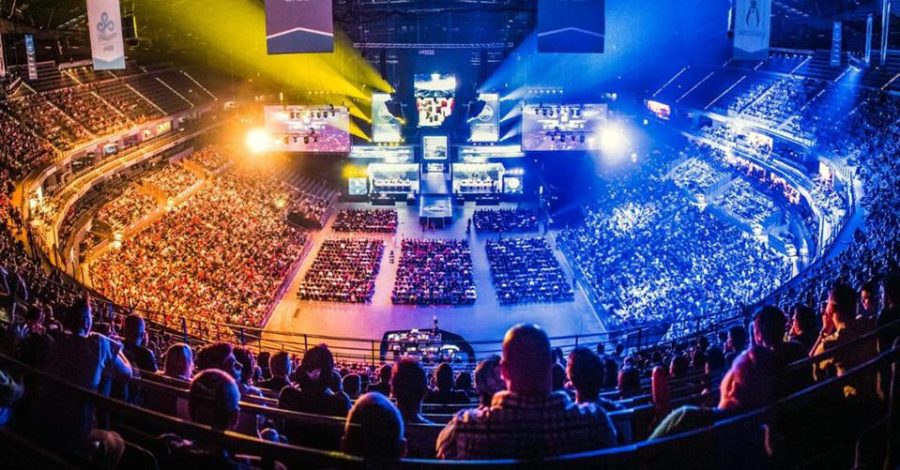Esports are booming as a form of entertainment. There are a number of factors. First, esports are attracting a young, engaged audience. A recent study found that one third of esports viewers are in the 18-24 age group, compared to just a quarter of viewers for traditional sports. And these viewers are highly engaged; the average esports fan watches over three hours of content per week, compared to just over one hour for traditional sports fans.
Second, technology is enabling ever-more immersive experiences. Viewers can now watch tournaments live or on demand in high definition, and many games feature in-game commentary and analyst desks to provide extra analysis and excitement.
Third, the industry is becoming more professionalized. Players are now able to make a living from playing competitively, and top teams have started to attract sponsorships from major brands. This has helped to legitimize esports and increase interest among investors.
Overall, the growth of esports is providing a new and exciting form of entertainment for fans around the world.
Latest Esports Trends
Here are some of the latest trends in esports that you should know:
Mobile Gaming
The increasing popularity of mobile gaming is helping to drive the growth of esports. More and more people are playing games on their smartphones and tablets, and this is opening up new opportunities for competitive gaming.

One of the most popular mobile esports games is Vainglory, a multiplayer online battle arena game (MOBA) that pits teams of three players against each other. The game has a strong following in Southeast Asia, and it’s official tournaments offer prize pools of up to millions of dollars.
Virtual Reality
Virtual reality (VR) is another emerging technology that is starting to have an impact on esports. VR headsets provide an immersive gaming experience that can make players feel as if they are inside the game world.
This year’s Dota 2 International tournament will feature a VR hub where viewers can watch matches in VR. This is a first for an esports tournament, and it is likely that other tournaments will start to experiment with VR in the future.
Augmented Reality
In addition to VR, augmented reality (AR) is also starting to be used in gaming. AR technology allows digital images to be superimposed on the real world, providing an enhanced gaming experience.
One example of an AR game is Pokémon GO, which was launched in 2016 and quickly became a global phenomenon. The game uses GPS data to place virtual Pokémon characters in the real world, and players must physically walk around to find them.
The success of Pokémon GO has shown that there is a demand for AR games, and it is likely that we will see more AR games in the future.
Competitive Gaming Leagues

As esports continue to grow in popularity, more and more leagues and tournaments are being created. This is giving players more opportunities to compete and earn prize money.
One of the most popular leagues is the Overwatch League, which was launched in 2017. The league features teams from all over the world, and it has a regular season and playoffs.
The growth of competitive gaming leagues is helping to legitimize esports and make it into a mainstream form of entertainment.
New frontiers for marketing to young people
The growth of esports provides new opportunities for companies that want to market to young people. Esports offer a way to reach young people who are increasingly difficult to reach through traditional channels such as television.
Companies that want to market to young people through esports need to understand the gaming audience and what they are looking for in a brand. For example, many gamers are interested in brands that sponsor professional teams or leagues.
Esports also offer an opportunity to connect with young people on a deeper level. Companies that can create an emotional connection with gamers will be well-positioned to build a long-term relationship with this important demographic.
Betting On Esports

Esports betting is becoming increasingly popular, and it is estimated that the global market for esports betting will be worth billions by 2020. This growth is being driven by the increasing popularity of esports, and the availability of online betting platforms. Its is easy to find esports bookmakers who has all you need for your gambling experience. Ranging from a wide selection of games, different types of bets you can wager on, and latest most popular matches to watch.
There are a number of different ways to bet on esports, and the most common type of bet is the match bet. This is where you bet on which team will win a particular match.
Another popular type of bet is the tournament bet, where you bet on which team will win a particular tournament. This type of bet can be quite risky, as it is difficult to predict the outcome of a multi-game tournament.
There are also a number of other types of bets that you can make on esports, including:
-Head to head: this is where you bet on which player will win a particular match
-Straight up: this is where you bet on the outcome of a match (e.g. team A to win)
-Spread: this is where you bet on whether or not a team will beat their opponent by a certain number of points
-Moneyline: this is where you bet on which team will win a match without
Final Say

Esports is continuing to grow in popularity, and this is providing new opportunities for companies that want to market to young people. Gamers are an important demographic, and companies that can connect with them on a deeper level will be well-positioned to build a long-term relationship with them.
